US Immigration Officials Now Target Online Inconsistencies in the Visa Screening Process
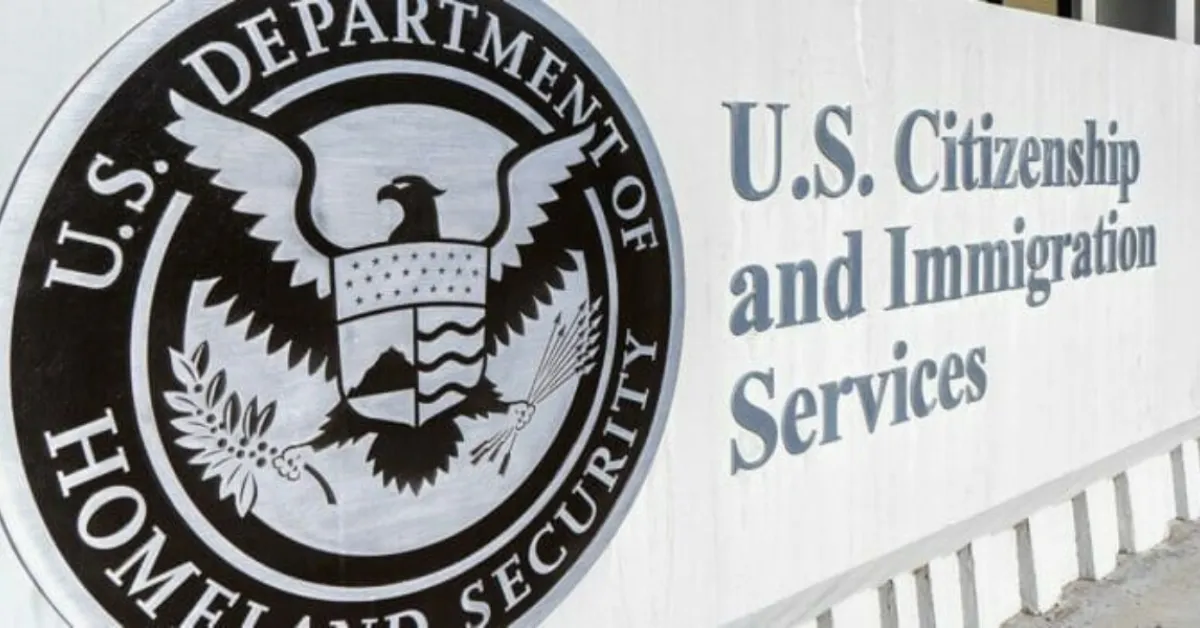
International travellers seeking entry to the United States are facing increased scrutiny of their online activities as US immigration agencies incorporate digital footprint analysis into visa application assessments and border inspections.
Agencies like the Department of State (DoS), Customs and Border Protection (CBP), and US Citizenship and Immigration Services (USCIS) are now leveraging social media screening as part of their security protocols, urging applicants to ensure consistency between their online profiles and official documentation. The intensified digital vetting process involves automated systems designed to flag online content that could indicate security risks, unauthorized employment, or inconsistencies within visa applications.
This practice, which began after 9/11, has become more stringent in recent years, encompassing social media checks, public data verification, and even inspections of electronic devices at US ports of entry. Applicants can expect to encounter three types of screenings: automated baseline reviews, manual assessments triggered by red flags, and direct device inspections upon entry.
Discrepancies, even minor ones, between an individual's social media presence and their visa paperwork can lead to heightened scrutiny, potentially causing delays or even denials. The legal foundation for these digital vetting procedures rests on the Immigration and Nationality Act, alongside executive orders focused on national security enhancement. Policies broadened under the Trump administration in 2017 have expanded the scope of digital screenings, and these measures remain largely in effect.
Legal experts are advising visa applicants to consider their online persona as an extension of their official documentation. Recommendations include ensuring alignment between employment histories and stated travel purposes across all public profiles, adjusting privacy settings to manage the visibility of potentially misleading or outdated content, and updating or removing outdated online details that might conflict with visa documentation.
As digital surveillance increasingly intertwines with immigration enforcement, travellers are advised to manage their online presence proactively to mitigate potential complications. Consistency across personal and professional digital platforms is becoming paramount for navigating the US immigration process effectively.

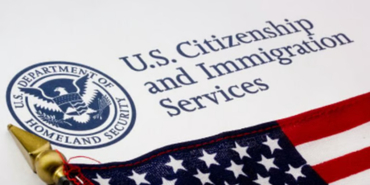
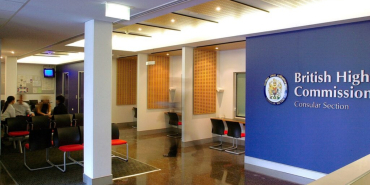
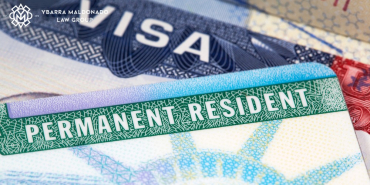

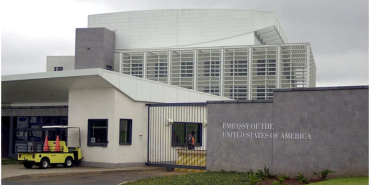

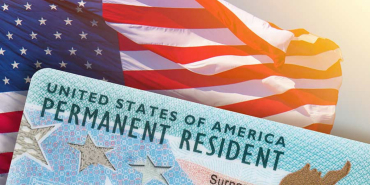

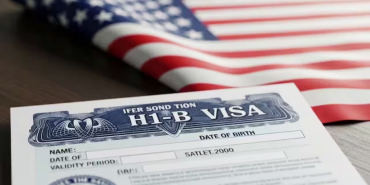




Add new comment